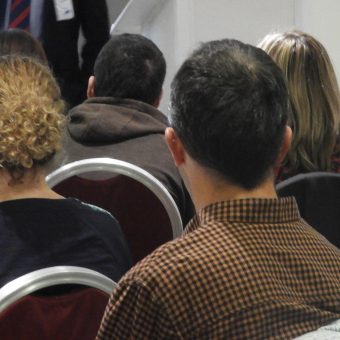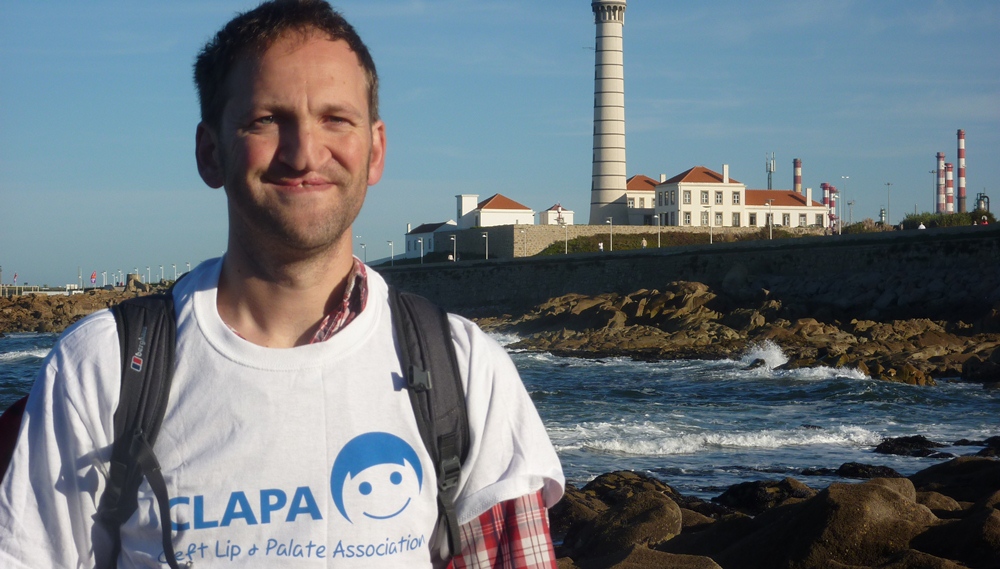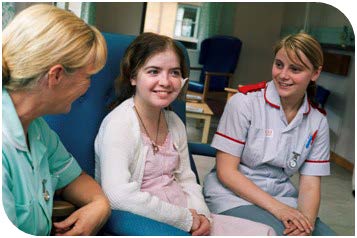
[CLOSED] PARTICIPANTS WANTED: Have your say on workplace equality

PLEASE NOTE: This study is now closed. Thank you to everyone who got took part (15.4.19)
Visible difference workplace equality research
Heather Saunders, FHEA, is looking to speak to people born with a cleft about your experiences (positive or negative) in the workplace, in friendly and informal interviews that give you the chance to have your say.
You don’t need to know anything about the law to take part, though taking part can help investigate whether the current law goes far enough to promote equality for people with a visible difference.
A few words from Hannah…
I’m really pleased that the lovely people at CLAPA have offered me the opportunity to write a little about some equality and non-discrimination law research which I am currently doing at Durham University. For this PhD research, I am looking to interview adults (18+) who have a visible difference (any condition or injury which alters appearance, including cleft lip and palate) who have worked or looked for work in the UK.
My research aims to:
- understand better the experiences of people with a visible difference in relation to the job market and workplace in the UK;
- analyse whether the law goes far enough to promote equality for people with a visible difference; and
- suggest how, if needed, the equality rights of people with a visible difference can be better upheld.

What should I expect if I agree to be interviewed?
Interviews are friendly and informal and a chance to have your say. I am lucky to be getting to speak to so many interesting people. Interviews usually take around an hour, though certainly no more than two hours, and they will either be in your home (depending on travel distance), or by telephone. Timing of interviews is flexible, with some evenings and weekends possible as well as daytimes, so you can choose a time to suit you. The interviews are entirely voluntary and unpaid.
What do you want to interview me about?
You don’t need to know anything about the law to take part. I am just interested in hearing about your experiences and your views. You also don’t need to have had a bad experience of the workplace or job market – I am interested in hearing about all experiences, whether positive, negative, neutral or mixed.
What happens to the information afterwards?
Once the research is complete, my findings would be used in my PhD but I’m also hoping to publish the research more widely to improve understanding on this important topic. Before publishing, I would anonymise the information provided by you by removing your name, the name of your employer and any colleagues mentioned by you.


